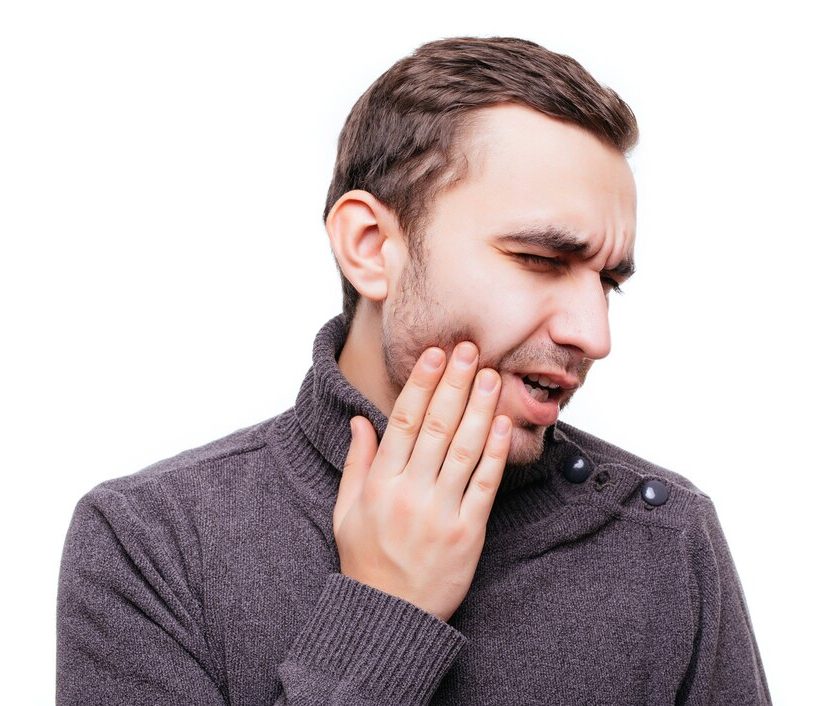Tooth sensitivity is a common issue that many people experience. The pain or discomfort that arises when consuming hot, cold, sweet, or acidic foods or beverages can be quite disruptive. However, there are several ways to address this problem. Based on expert recommendations, this article will discuss various effective solutions to relieve tooth sensitivity.
Causes of Tooth Sensitivity
Before discussing solutions, it is important to understand some common causes of tooth sensitivity:
- Thinning Tooth Enamel: Thin enamel can expose the dentin beneath it, causing sensitivity to temperature and certain foods.
- Cavities: Tooth decay can cause intense pain, especially when eating or drinking.
- Receding Gums: Gum disease can cause gums to recede, exposing the more sensitive tooth roots.
- Inappropriate Toothpaste: Some toothpaste contains ingredients that can irritate sensitive teeth.
- Teeth Whitening Products: Whitening agents used in teeth-whitening products can increase tooth sensitivity.
Effective Solutions for Tooth Sensitivity
1. Use of Special Toothpaste
Toothpaste for sensitive teeth contains active ingredients like potassium nitrate or strontium chloride that help calm the nerves in the teeth and reduce sensitivity. Regular use will yield better results.
2. Avoid Triggering Foods and Beverages
Avoid extremely hot, cold, acidic, or sweet foods and drinks during sensitive periods. If you experience sensitivity, try choosing foods with a more neutral temperature.
3. Regular Dental Visits
Regular dental checkups are important for early detection of problems. Dentists can provide the necessary treatments, such as fillings for cavities or gum treatments.
4. Using Sensitivity Mouthwash or Gel
Some mouthwashes or gels designed for tooth sensitivity can help provide additional protection. Consult your dentist about products suitable for you.
5. Fluoride Application
Fluoride can help strengthen tooth enamel and reduce sensitivity. Dentists can apply fluoride directly in the clinic or recommend home products.
6. Correct Brushing Technique
Brushing your teeth with improper technique or using a hard toothbrush can damage enamel. Use a soft-bristled toothbrush and brush gently.
7. Avoiding Bad Habits
Avoid habits like nail-biting, chewing ice, or using teeth to open packages. These habits can increase the risk of tooth damage and worsen sensitivity.
***
Tooth sensitivity is an issue that can be addressed with the right approach. Using the correct toothpaste, avoiding trigger foods, and having regular dental checkups are essential steps. These efforts also support the Sustainable Development Goals (SDGs), particularly Goal 3: Good Health and Well-being, Goal 4: Quality Education, and Goal 9: Industry, Innovation, and Infrastructure.
If you experience persistent or severe tooth sensitivity, it is highly recommended to consult a dentist for an accurate diagnosis and treatment. With the right care, you can once again enjoy your favorite foods and drinks without pain!
Author: Rizky B. Hendrawan | Photo: Freepik

